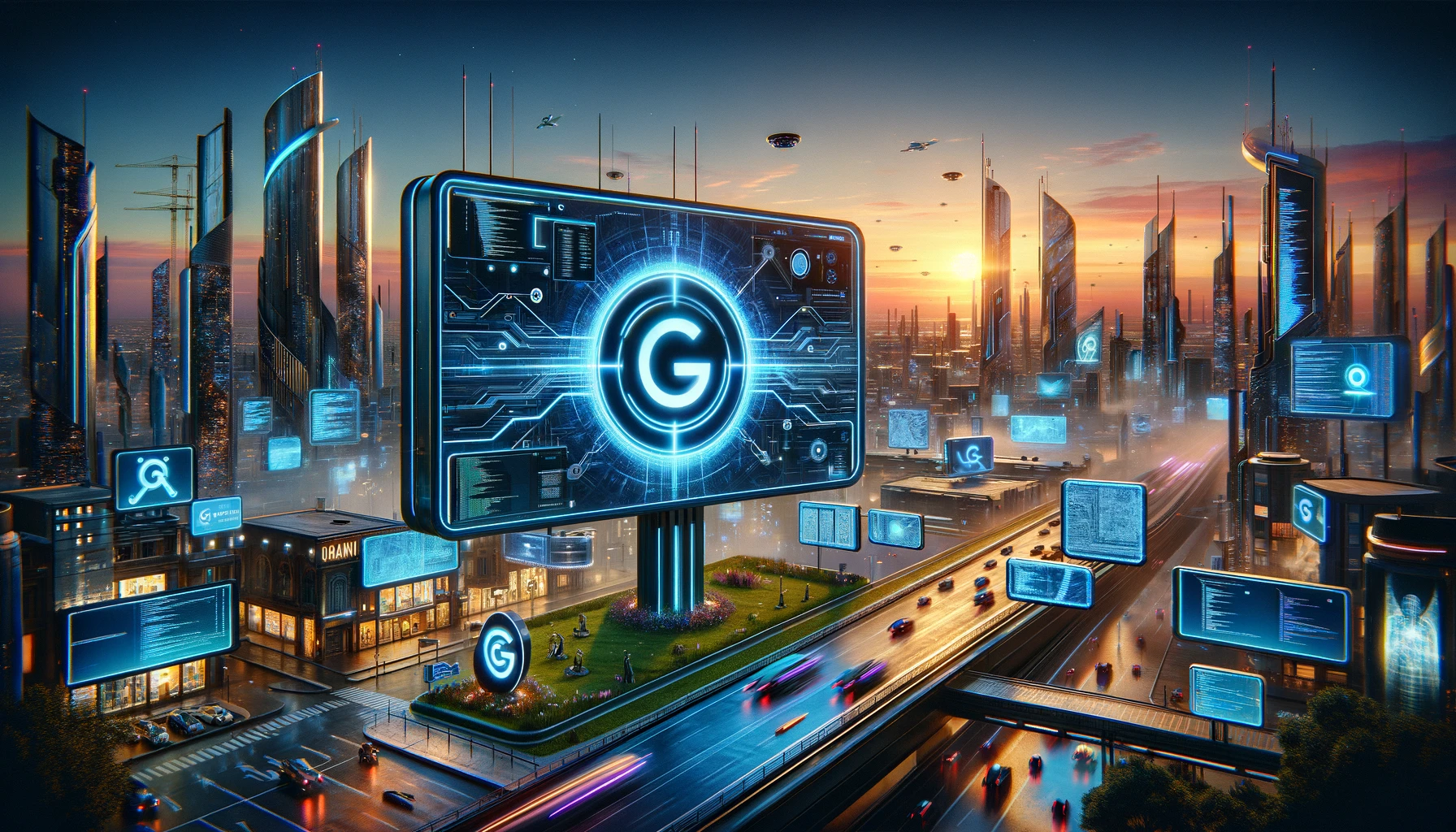Google has recently announced a significant upgrade to its AI chatbot, Bard, by globally implementing the powerful Gemini Pro model. This upgrade brings advanced capabilities and extended language support to users worldwide. With a focus on improving content understanding, summarization, and overall user experience, the new features aim to make Bard more versatile and user-friendly.
Bard’s journey through AI models has been a dynamic one. It was initially unveiled in February 2023, powered by LaMDA (Language Model for Dialogue Applications). Later, it received an upgrade with PaLM 2. Now, it has transitioned to the Gemini Pro model, solidifying its position as one of the leading AI chatbots. While the terminology may seem confusing, these updates have consistently aimed to enhance Bard’s performance.
One of the most significant aspects of this upgrade is the multilingual support Bard now offers. By integrating the Gemini Pro model, Bard can communicate in over 40 languages, including Arabic, Chinese, Dutch, French, German, Hindi, Japanese, Portuguese, Spanish, Tamil, Telugu, and Malayalam. This expanded language support ensures a more inclusive and accessible user experience worldwide.
The Gemini Pro upgrade isn’t merely about multilingual support; it substantially improves Bard’s core functionalities. Bard will excel in content understanding, summarization, reasoning, brainstorming, writing, and planning. While the exact extent of these improvements hasn’t been quantified, users can expect a more proficient and reliable chatbot experience.
Google Bard’s exciting features
According to developer Dylan Roussel, who shared insights with Engadget, Bard is in for some exciting updates. Scheduled for release on Wednesday, February 7, the major change is the renaming of Bard to Gemini.
Gemini, which powers Bard, represents the cutting-edge AI model. This name change simplifies things and aligns with its technological core. Additionally, a dedicated Android app is in the works, particularly for users in the US.
This Android version, Gemini for Android, will seamlessly integrate with popular apps like Gmail, Google Maps, and YouTube. Even iPhone users won’t be left out, as plans to make Gemini accessible through the existing app for iOS. These developments promise an enhanced AI experience for users across platforms.
Google added a new changelog for Bard, and — oh boy — it's a big one!
— Dylan Roussel (@evowizz) February 3, 2024
The availability in Canada is awesome! That said I don't really understand the limitations with the app. That's disappointing as someone who lives in Europe.
Oh by the way… https://t.co/xM2snHVYJ9 is real. pic.twitter.com/QKgKrRjmM4
Another interesting detail from the leak is the introduction of a new paid subscription tier called “Gemini Advanced.” This has been speculated on before, and it aligns with Google’s strategy to offer both free and premium AI bot tiers, similar to what OpenAI and ChatGPT provide.
Furthermore, addressing earlier speculations, tipster @AssembleDebug (via Android Police) has uncovered a contact page for Bard, soon known as Gemini, within its Messages. This implies that users can engage in conversations with the AI just like regular contact.
Google Double Check feature
In September, the ‘Double Check’ feature was introduced, initially available only in English. This feature utilizes Google Search to verify the results generated by Bard, enhancing accuracy and reliability.
Google is not stopping at text-based interactions. The company is introducing image generation support through the Imagen 2 model launched in December. While currently available only in English, this feature allows users to request images directly from the chatbot. For example, users can type queries like “create an image of a futuristic car” and receive corresponding visuals. This expansion into visual content broadens the scope of interactions with Bard.
To ensure the authenticity and credibility of generated images, Google is embedding a SynthID digital watermark in the pixels of these images. SynthID is a technology developed by DeepMind. However, users must use Google’s specialized tools to identify and verify these watermarked images. This addition aims to tackle issues related to image manipulation and misinformation.
Integration with Google Assistant
In October, Google integrated Bard’s AI capabilities into Google Assistant. This integration allows users to accomplish tasks like trip planning and creating grocery lists with ease. Google Assistant’s wide user base can now benefit from Bard’s conversational AI features, making it a valuable addition to the Google ecosystem.
In November, Google expanded Bard’s accessibility by making it available to teenagers in English. However, to ensure a safe and appropriate experience, content restrictions have been put in place. Bard is programmed to prevent generating content related to illegal or age-restricted substances, aligning with Google’s commitment to online safety.
From Zero to Web3 Pro: Your 90-Day Career Launch Plan
 Google AI
Google AI